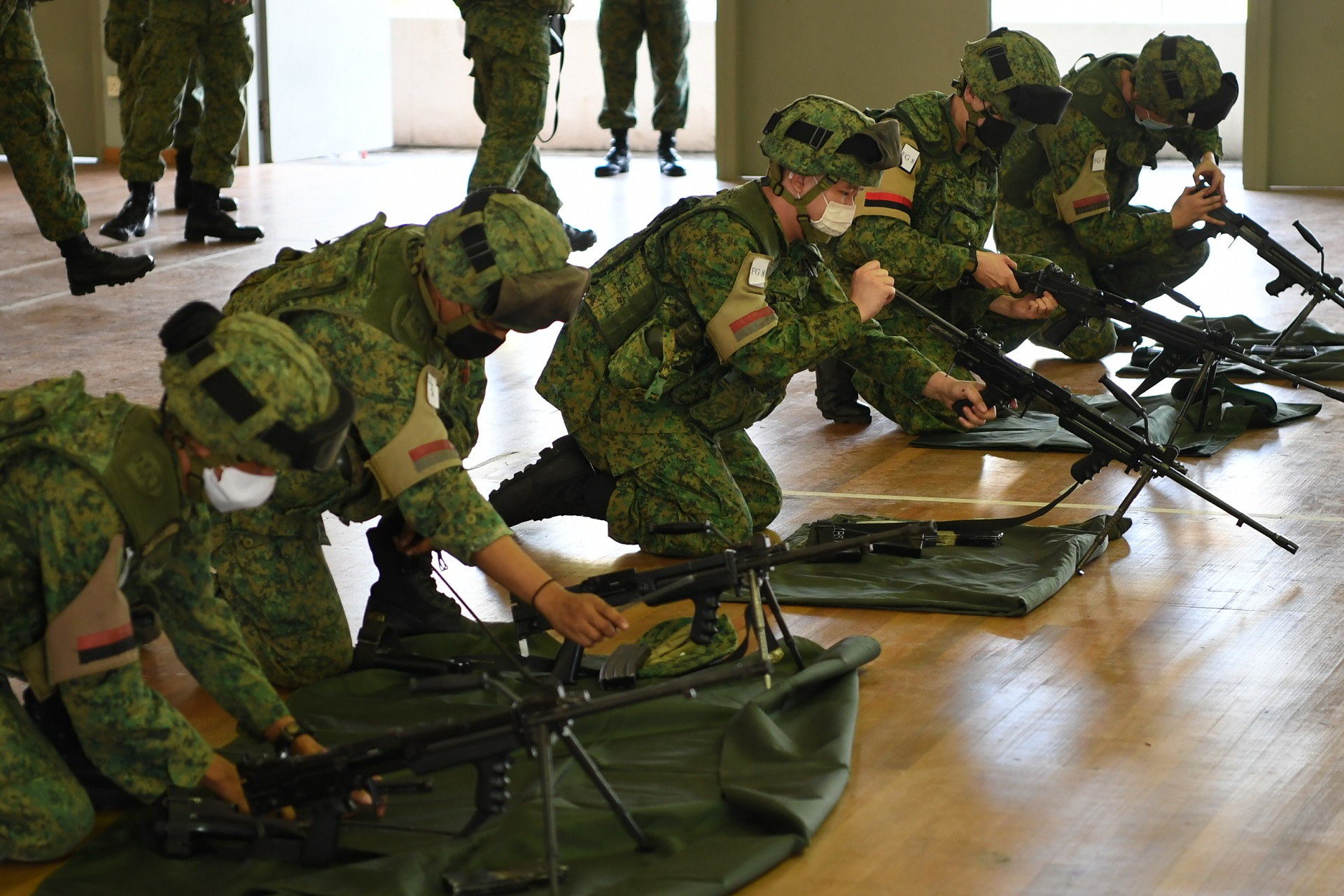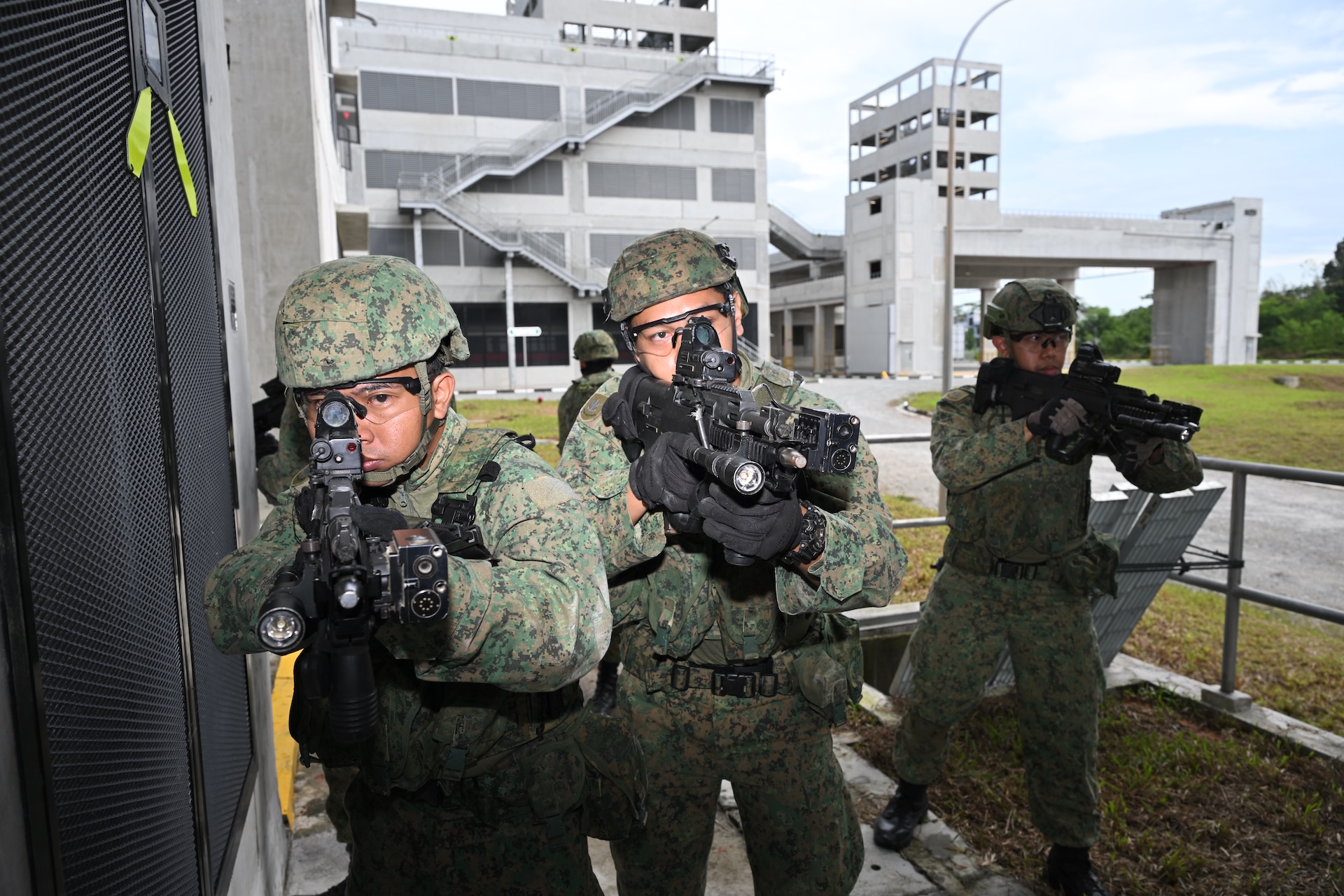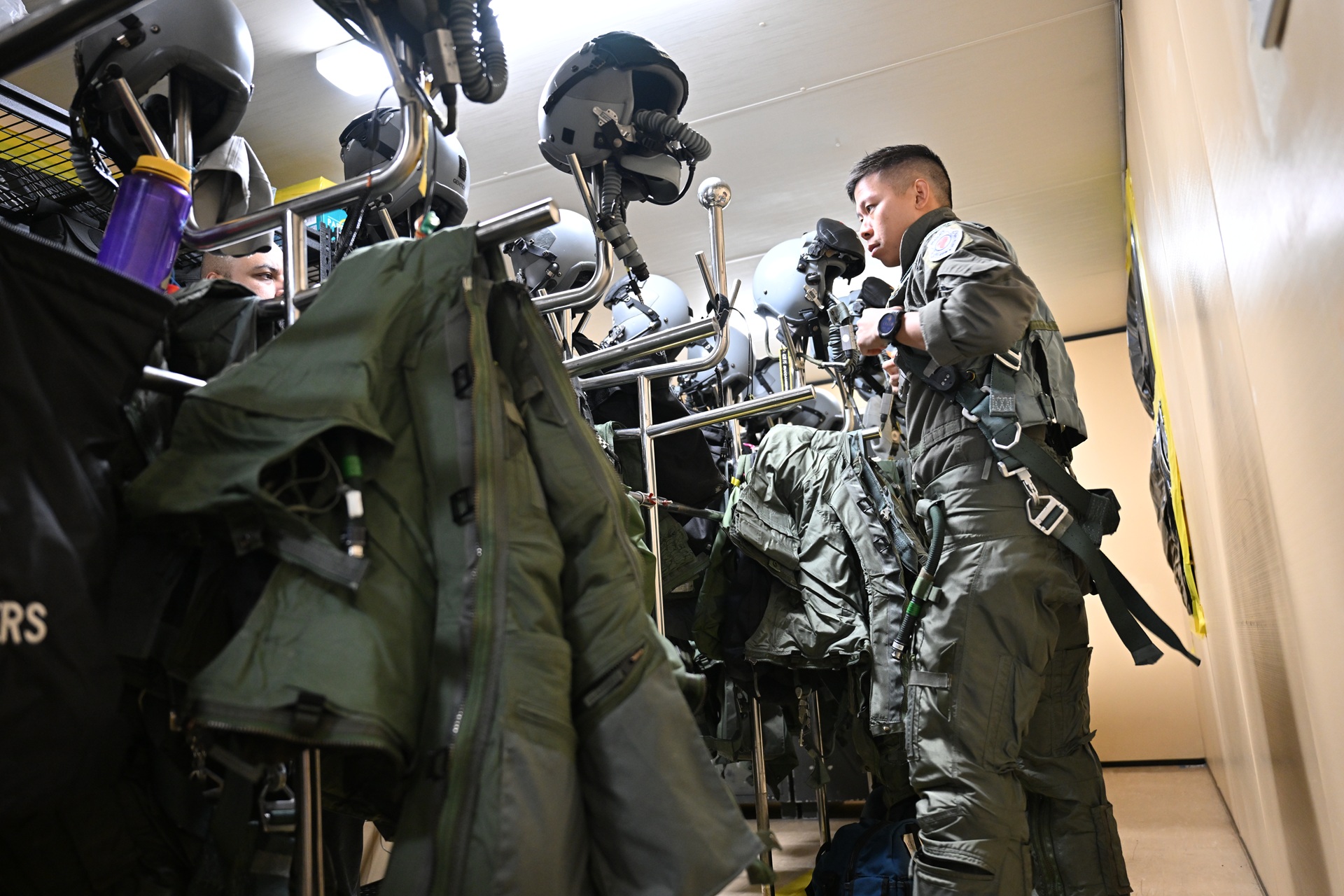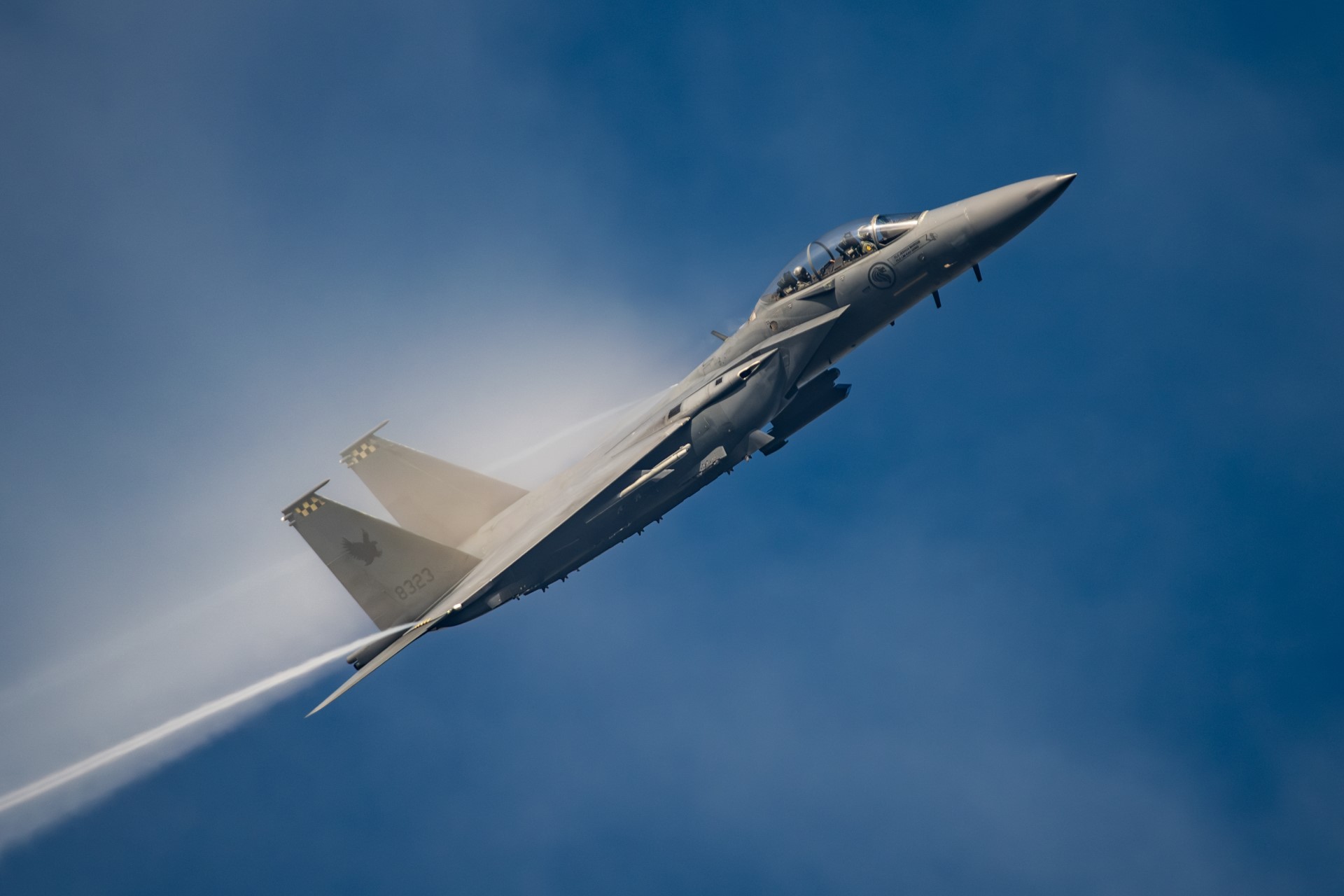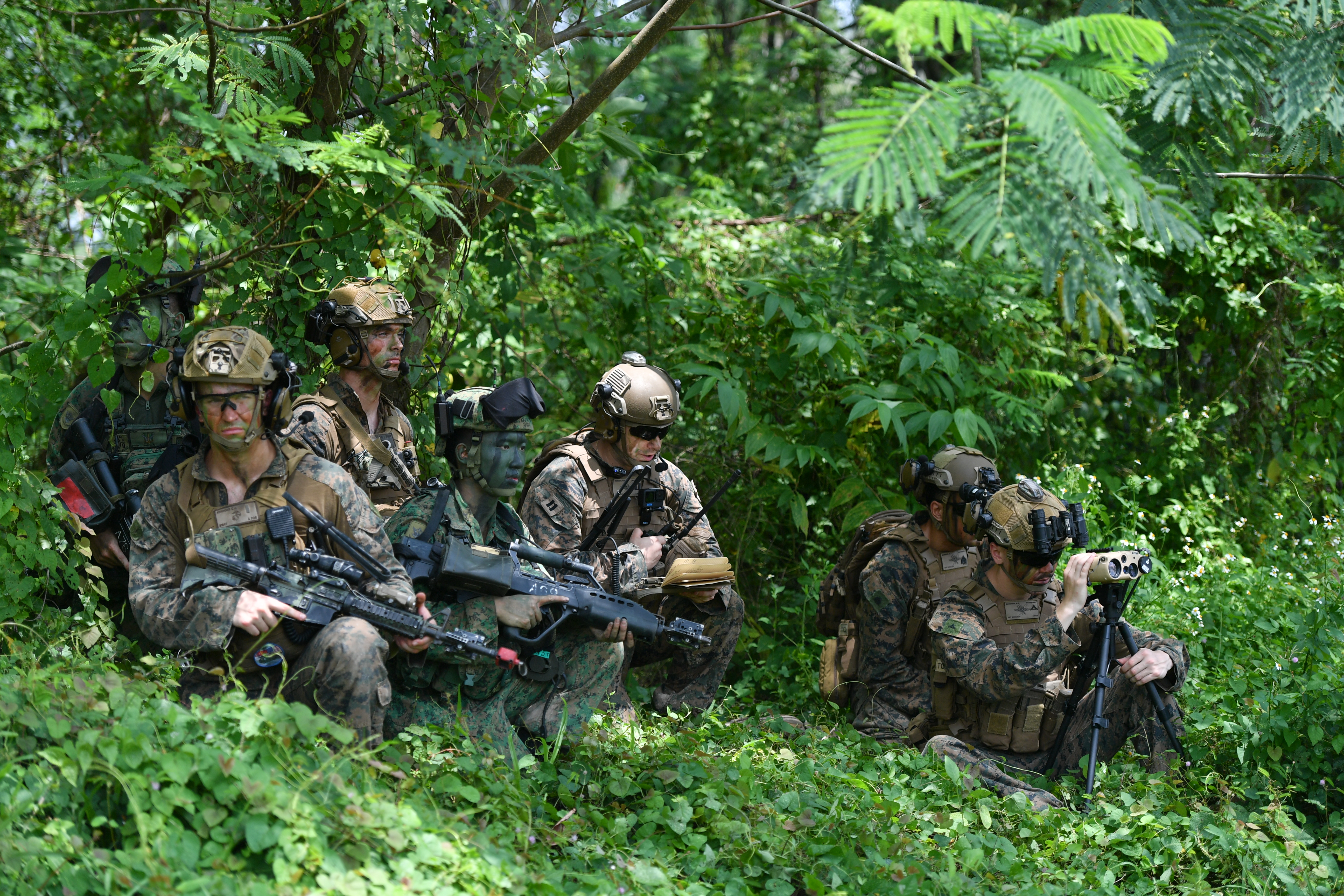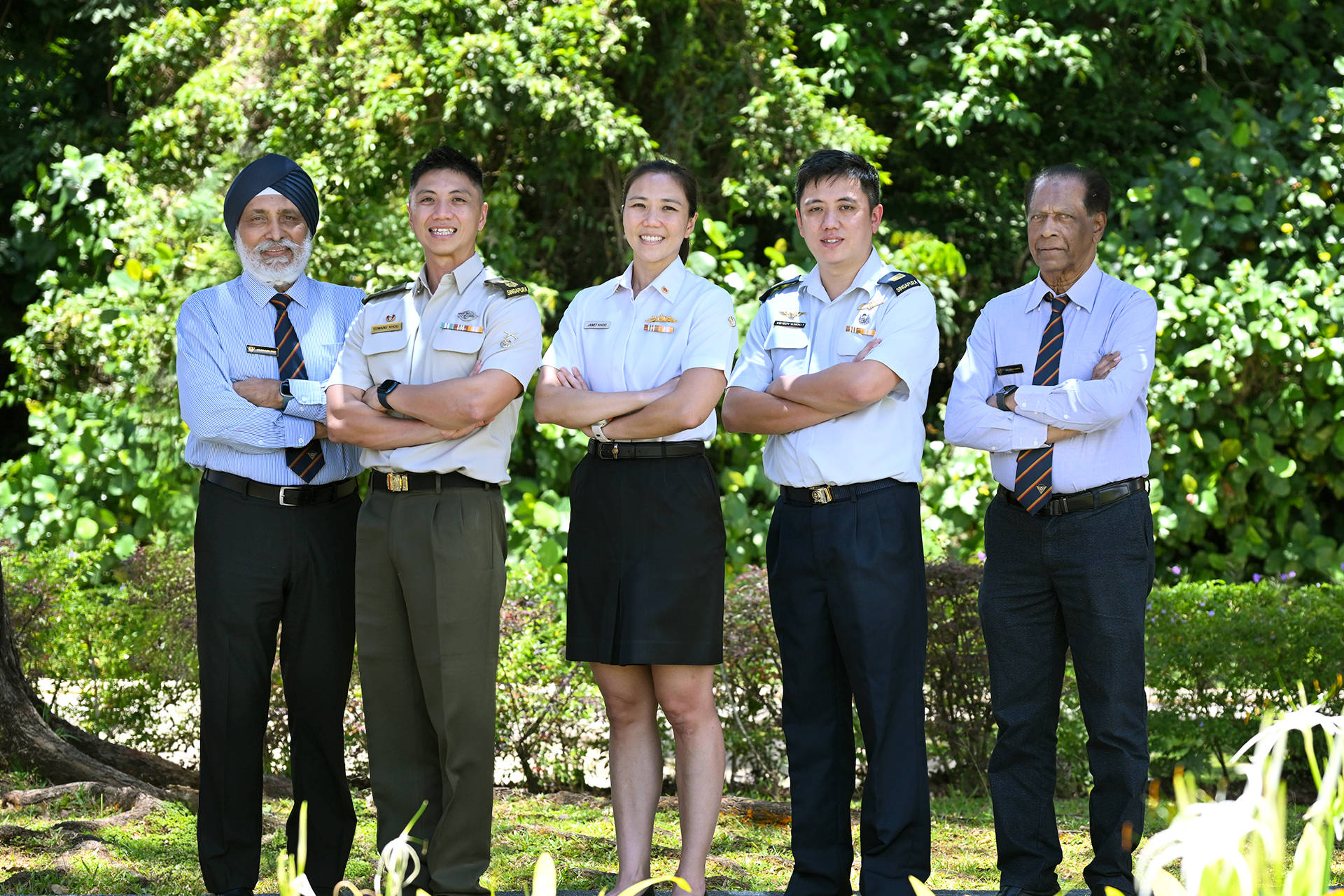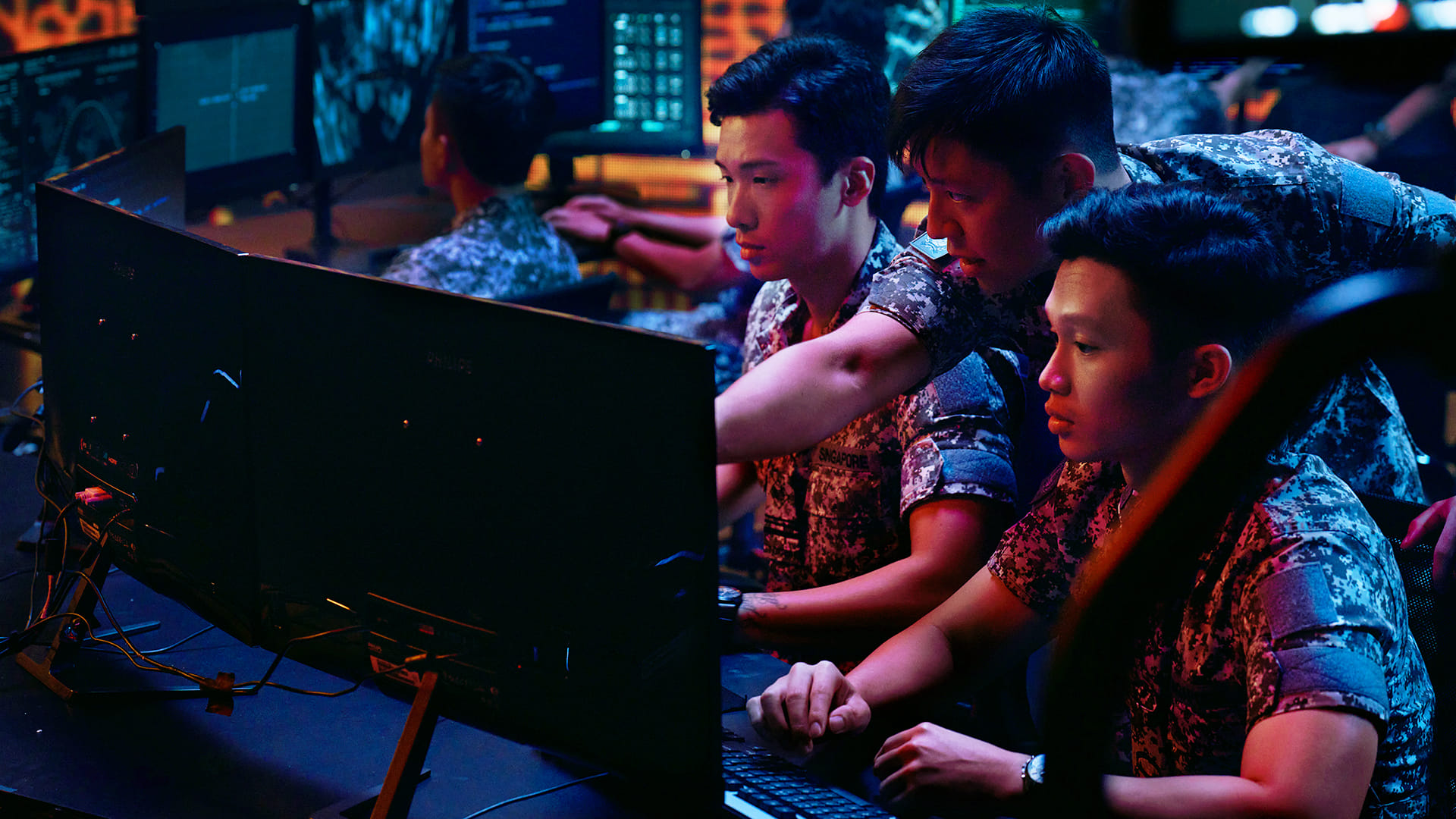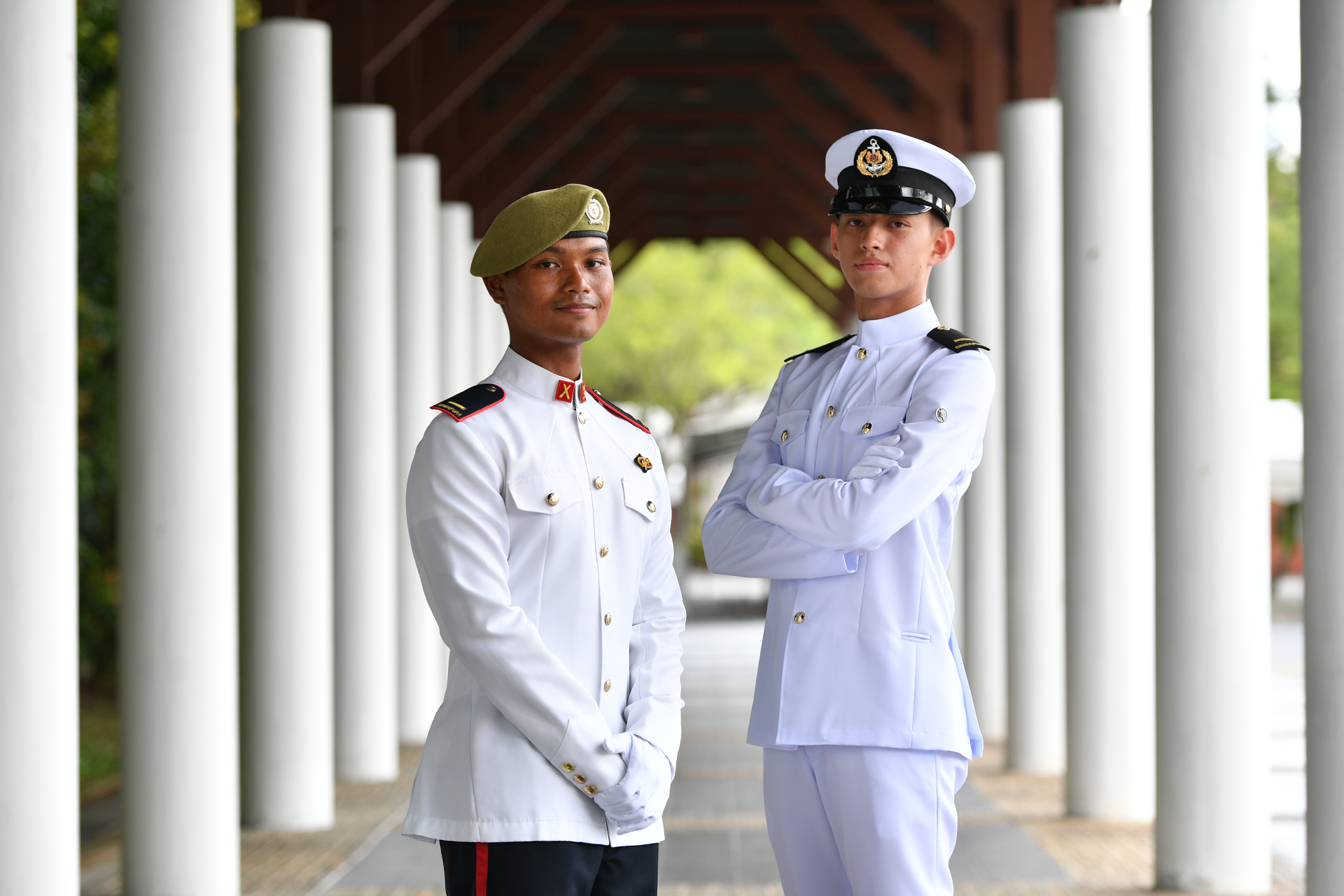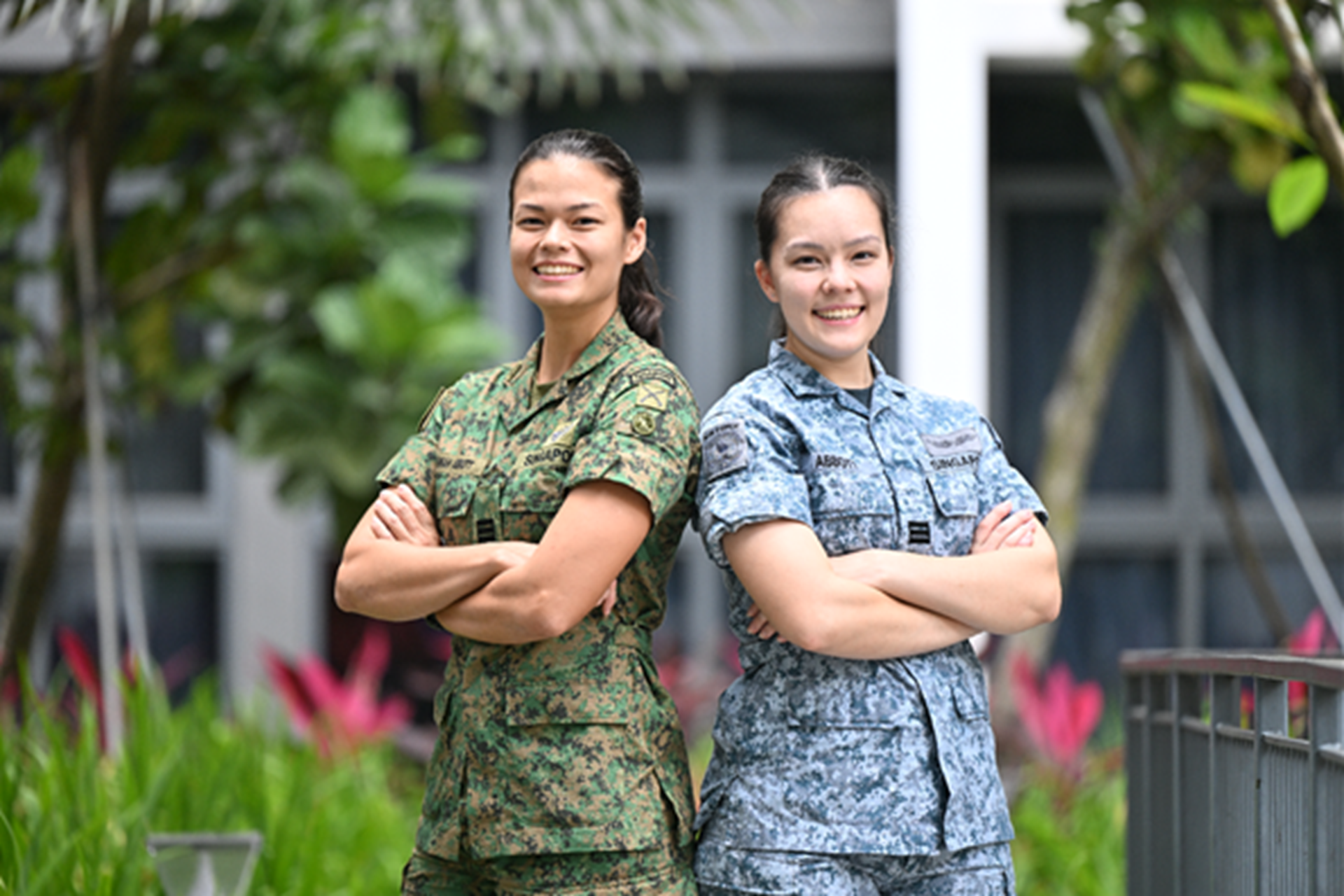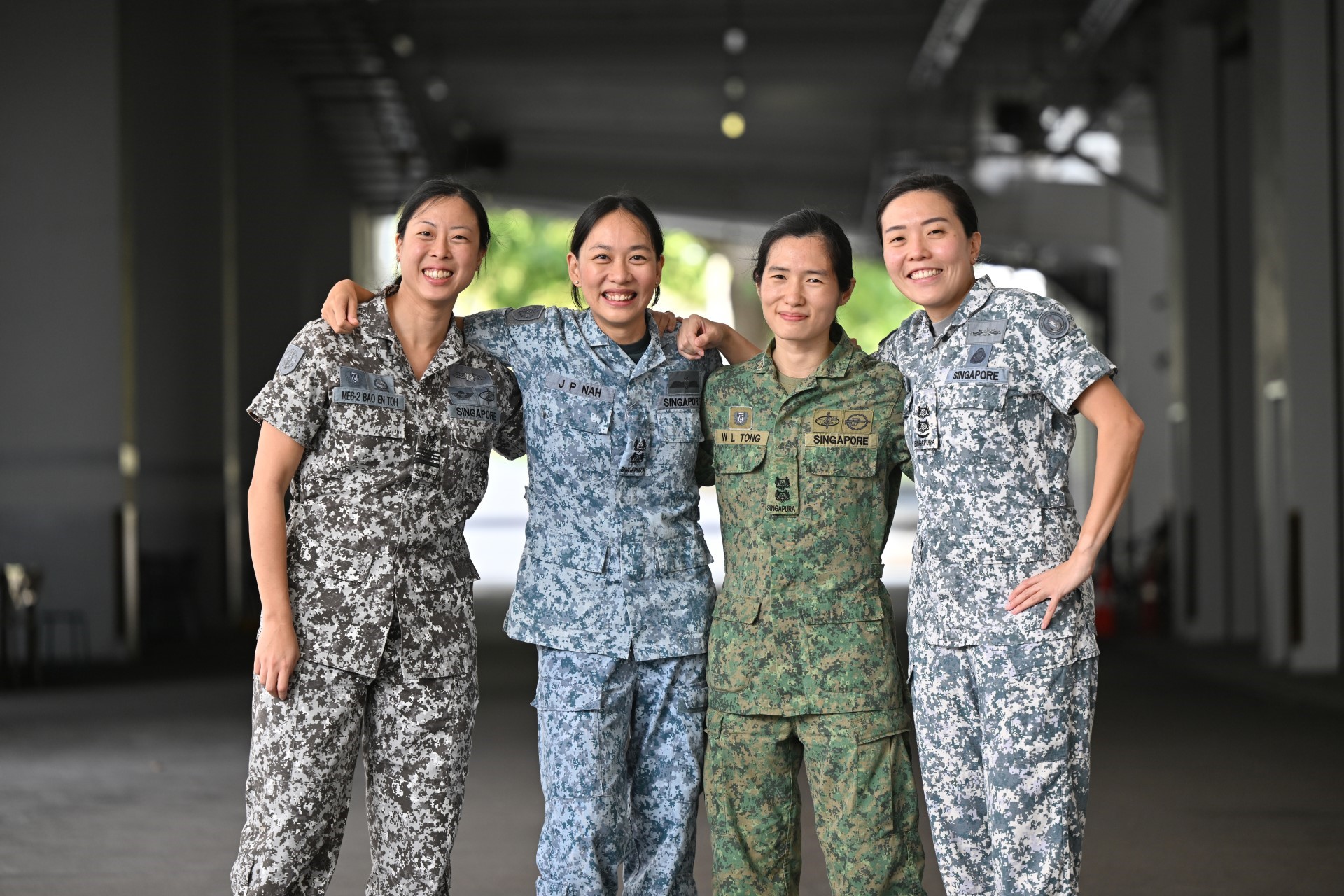SAF EXPLORING NEWER METHODS OF COVID-19 TESTING
The Singapore Armed Forces (SAF) is trialling the use of newer COVID-19 testing methods as training for Operationally Ready National Servicemen (NSmen) gradually resumes.Newer methods that are faster and more acceptable for large-scale COVID-19 testing are being explored as the SAF resumes In-Camp Trainings (ICTs).
These include deep throat saliva (DTS) testing and oropharyngeal mid-turbinate (OP-MT) swabs. Both methods are more comfortable and less invasive as compared to the usual nasopharyngeal (nasal) swabs, which all NSmen currently go through as they return for ICT.
While the nasal swabs have to be inserted all the way into the back of the nostril, the OP-MT swab only enters halfway, making it more comfortable for personnel.
DTS tests are even more convenient; it can be self-administered with minimal supervision. Personnel need only produce two millimetres of saliva for further tests.
Exploring newer COVID-19 testing methods
Senior Minister of State for Defence and Manpower Zaqy Mohamad observed some of these newer testing methods during his visit to 791st Battalion, Singapore Infantry Regiment (791 SIR) at the Infantry Training Institute (ITI) in Jurong Camp on 27 Oct.
He said that sample processing methods such as the Antigen Rapid Test (ART) could possibly be used for large-scale events such as graduation ceremonies and conferences, where faster turnaround times are critical.
This would allow the SAF to detect potential cases quickly and minimise the risk of infections. "Today, we are still looking at the nasal swab but we are also experimenting with different types of tests, such as Deep Throat Saliva testing and Antigen Rapid Testing," said Mr Zaqy.
"These are methods that the Government, as a whole, is also testing out for large mass events."
Since September, some 400 Full-time National Servicemen (NSFs) and Regular trainers have gone through the DTS trials, while 300 have went through ART.
Even though results from these tests have been promising for progressive adoption, Mr Zaqy noted that it was crucial to evaluate if these methods are suitable in the long run.
"We want to make it easy and seamless for them (the NSmen). At the same time, the tests have to be effective".
"What is more important is to give our NSmen the assurance that the SAF is doing its utmost to keep training safe, and for them to achieve their training objectives when they come back.
Maintaining operational readiness
Apart from observing the newer COVID-19 testing methods, Mr Zaqy also observed NSmen from 791 SIR executing weapons and skills refresher training during their ICT.
They were preparing for their upcoming Army Training Evaluation Centre (ATEC) Stage 1 evaluation.
To ensure the safety of NSmen, all of them were swabbed on the first day of their two-week ICT. They will be swabbed once more after seven days as a precautionary measure.
When he first heard that he had to be swabbed, Corporal First Class (CFC) (NS) R Hariprasath was nervous. The 25-year-old likened the experience to an "ant-bite" and said that it was over in less than 10 seconds.
The Section Second-in-Charge from 791 SIR added that the swab tests were a "good thing" as it gave him the assurance that the SAF has strong safety measures in place to minimise the risk of COVID-19 infection.
A logistics executive in the service sector, CFC (NS) Hariprasath was also put at ease after seeing the other health and safety measures upon entering camp: "I felt more confident when I saw that we were put into smaller functional groups and that all the safe distancing measures were in place."
Apart from testing all NSmen on the first day of their ICT, precautionary measures such as cohorting and reducing training group sizes have also been implemented.
Other measures include the provision of more bunks and bathrooms, which are segregated, to prevent the cross mingling of personnel from different functional groups.
As a trainer, Captain (CPT) Azri Bin Haron shared that even with these measures in place, training tempo has not been compromised.
The time taken for some training segments may be slightly longer but the NSmen are still meeting their training objectives, said the 29-year-old Company Trainer from ITI.
Planning for safety
To ensure the safety of the returning NSmen, planning for this ICT began six months ago.
CPT Azri had worked closely with Major (MAJ) (NS) Jackson Koh, who is the Battalion Second-in-Charge of 791 SIR, to make sure that everything ran smoothly - from catering more time for troop movement, to the spacing out of functional groups to multiple locations for training activities and keeping coordination tight.
These measures were deliberately planned into the training schedules to ensure that the ICT goes on smoothly, said MAJ (NS) Koh. The 42-year-old Human Resource director, who works in the Civil Service, will be taking over as Commanding Officer from the unit's next ICT.
When asked why training had to continue amid the pandemic, he said: "Every year when you're back, it's a build-up to the next year and the next."
CFC (NS) Hariprasath summed it up by saying: "It is important for all NSmen to train so that when something happens, we are ready to fight for our country."
